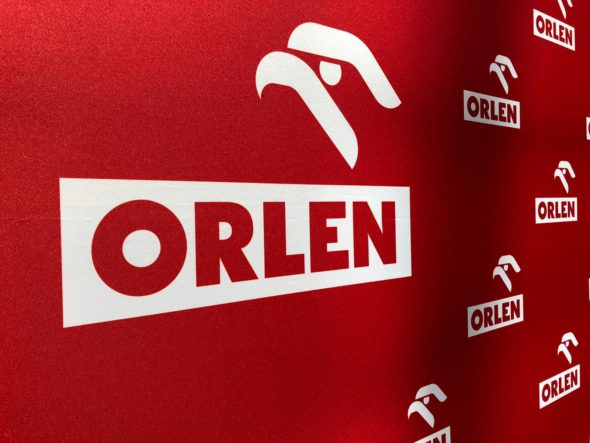What goes on in Poland on the 21st of December.
Orlen waits for sanctions that will allow it to legally abandon oil from Russia
The Russian Kommersant argues that Poland and Germany will not abandon oil from Russia, despite declarations that they will do so by the end of 2022. Orlen argues that the introduction of sanctions on supplies via the northern branch of the Druzhba oil pipeline will make it possible.
PKN Orlen has two contracts with the Russians: one with Rosneft until January 2023 and the other with Tatneft until the end of 2024. Kommersant reported that this company and its counterparts operating in Germany are have applied to the Russian operator Transneft for access to the capacity of the Druzhba oil pipeline, the northern branch of which supplies Poland and Germany via Belarus.
– PKN Orlen will not extend the long-term contract, which expires in January 2023. The only binding contract for the supply of Russian oil in 2023 will cease to be implemented when the sanctions are introduced, for which we are prepared, because the consistent diversification of oil supplies, including through strategic partnerships, has contributed to strengthening the energy security not only of Poland, but of the entire region – argues Orlen in a commentary for BiznesAlert.pl. – Currently, 70 percent of the raw material for all refineries of the Orlen Group in Poland, the Czech Republic and Lithuania comes from directions alternative to Russia, and as recently as 2015, almost 100 percent of crude oil was supplied to the refinery of the Orlen Group from Russia, the company boasts.
Poland at the forefront of solar energy development in Europe
Poland takes the third place on the podium of countries with the most dynamically developing solar energy market. According to a report by Solar Power Europe, the solar energy market in the European Union is expected to more than double in four years.
According to the latest Solar Power Europe (SPE) report, in 2022 Germany is at the forefront of the countries that have developed the solar energy sector the most, adding 7.9 GW of photovoltaic to the mix. The next country is Spain with an additional 7.5 GW of new installations, and Poland closes the top three with 4.9 GW of additional capacity.
Total solar power in the European Union has increased by 25 percent, according to SPE. This means the capacity when from 167.5 GW in 2021 to 208.9 GW in 2022. SPE predicts that Europe will get 53.6 GW in 2023 and 85 GW in 2026 from solar power. This means that the solar energy market in the European Union is expected to more than double in four years.









